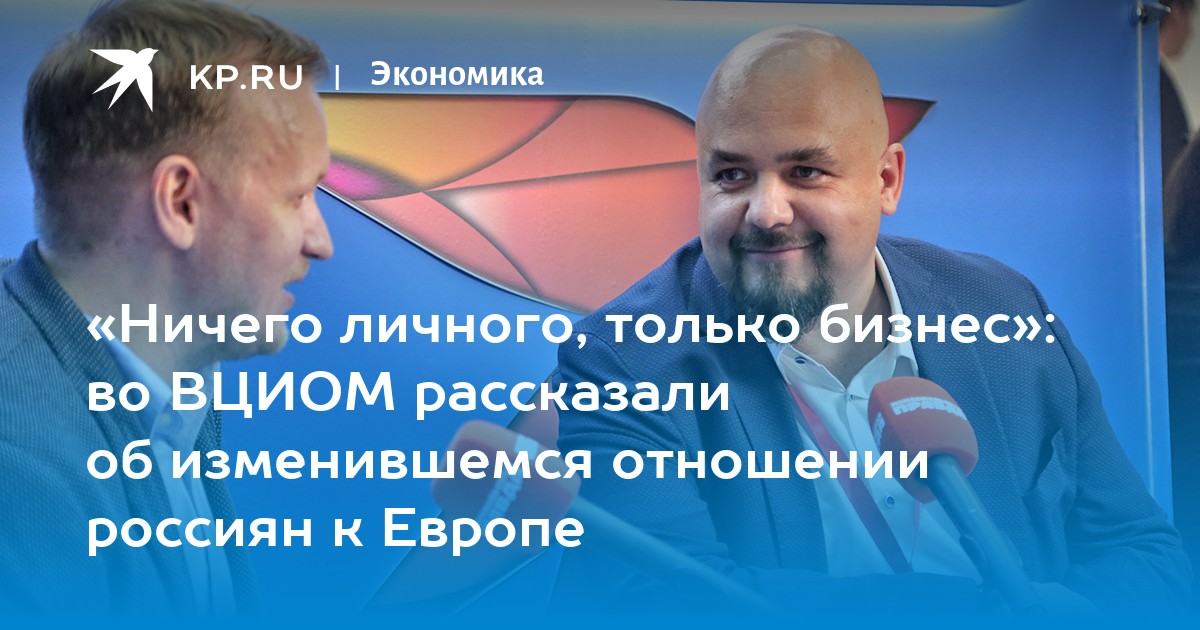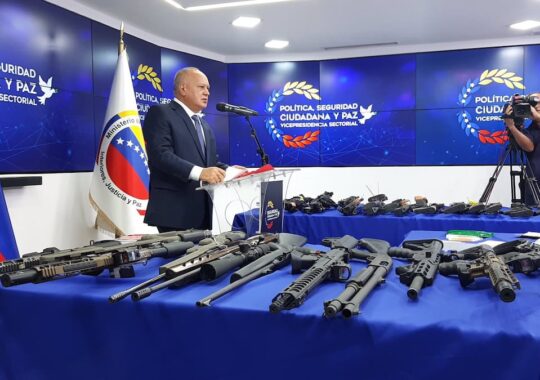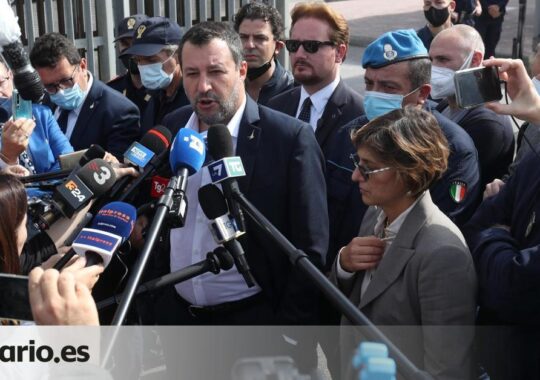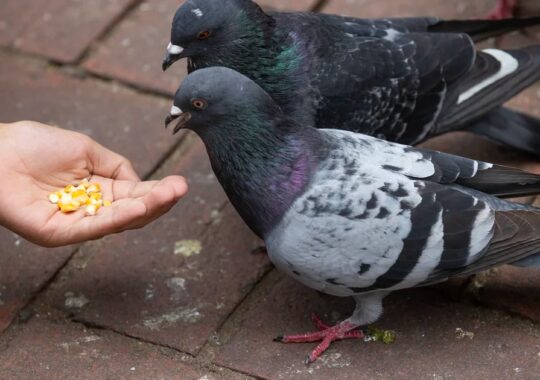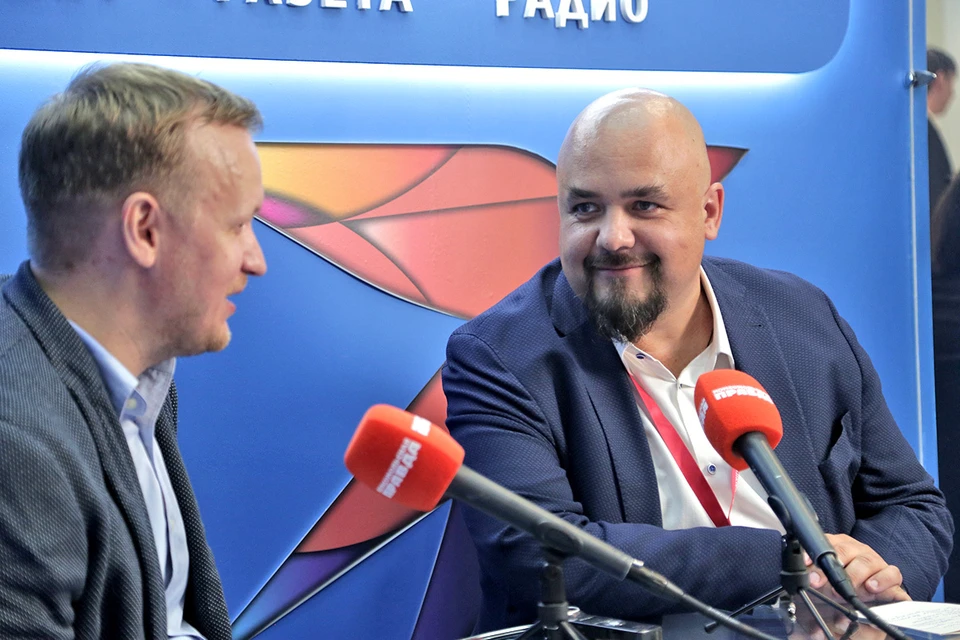
Kirill Rodin, director for work with government bodies of VTsIOM, visited the Komsomolskaya Pravda studio at the Eastern Forum.
Visited the Komsomolskaya Pravda studio at the Eastern Forum Kirill Rodin, director of government relations at VTsIOM. He spoke about the attitude of Russians to the country’s turn to the East.
– Kirill Sergeevich, it’s probably much more difficult to make a mental turn to the east than an economic one, right? To what extent do you, as a sociologist, feel that both officials and the population in a broad sense are beginning to adapt more to the fact that we are not so much a European country as a Eurasian country?
– I was somewhat surprised to discover that the wise crowd began to prepare for this turn much earlier, even before the term “turn to the east” was firmly included in the information agenda.
Here’s an example. In 1999, we asked whether relations between Russia and Europe could be built on trust? And in 1999, 43% of the population told us about their lack of trust in European partners. When we asked the same question in 2023, those who distrust Europe were already 63%. That is, this share increased by 20%. Is this a lot? Of course, this is significant; this is a fifth of Russian society. But can we say that the turn to the East came as a surprise to public opinion? No, this feeling began to mature in the late 90s – early 2000s.
– What is China for Russia today? Is this an ally? Is this an example to follow? Is this some kind of threat?
– We call this topic: “who are our friends and our enemies.” There’s good news and bad news here. We have many more friends compared to 2014. Then, basically, three countries were named – China, Belarus, Kazakhstan.
– Since then, probably, two main friends have remained.
– Yes. Even the third friend remained, but he went from top 3 to top 5. Kazakhstan, I mean. In 2022, the number of friends has increased significantly. China remains in first place, Belarus is in second place, followed by India, Turkey, Kazakhstan, and Serbia and Iran close the list. These are the countries that score more than 10%.
– You named your friends, now let’s move on to the enemies.
– Yes, the bad news is that there are also more enemies. Who were our enemies in 2014? There were also three main ones – the USA, Ukraine, Germany. Germany began to appear on the list here as one of the leaders of the European Union. We conducted a study in 2022, but the difference here is small, the picture has not changed much. The United States remains in first place, but in fact its position has not changed since 2014. If 73% told us this in 2014, now 76% tell us the same.
– Overwhelming majority.
– Yes. Again, returning to the wisdom of the crowd – for the wise crowd, our aggravation and confrontation, when we stopped calling our partners partners, did not come as any surprise. Ukraine also comes in second place, but then the list noticeably expands, but it expands with the fact that European countries have received their own subjectivity. Our list was further supplemented by the UK, Germany, Poland, France, Latvia, Lithuania, Estonia, and again, these are the countries that gain more than 10% of the audience. That is, this is not the periphery of public opinion, this is really a fairly accurate, three-dimensional vision of this picture. I don’t want to use the word “enemies” once again – let’s call this audience unfriendly to the policies pursued by the Russian Federation.
– How flexible can this public opinion be? If the picture changes, will public opinion quickly change?
– No.
– Can we become friends with Ukraine again at some point?
– Much here depends on how stable this stereotype is formed in public opinion. There are things that can easily disappear from public opinion – these are some events from which the foam has disappeared and everyone has forgotten about this foam. But there are quite significant, established trends.
Public opinion is not inclined to talk about isolation. They say that Russia needs to build a palisade around itself. No, public opinion is also rational – if it is beneficial for us, we need to cooperate, including with European countries. But there can no longer be any talk of trust as the basis of this partnership. That old Russian merchant word won’t work here with the guys. European guys have already lost the right to their honest merchant word. Nothing personal just business.
– What about values? Are Russians ready to adapt to the Eastern style of thinking or do we not need this at all?
– 65% of respondents today say that Russia is a special type of Eurasian civilization. Russians, from my point of view, have become much wiser over the past 20-30 years than they were. The average person has become quite experienced, observant, rational and, in this regard, wise. Today we say: yes, we are turning to the east, but this does not mean that we should give up everything and start behaving like eastern people. No need to go too far. Experience tells us that we probably really do have our own unique path, Eurasianism, a historical experience that has absorbed both Europe and Asia. Moreover, among the respondents there are representatives of the Asian part of our continent, and the eastern, and Caucasian, and north. From Primorye to Kaliningrad – these are all the people who answer these questions. And these people today say that they are making their civilizational choice, no longer trying to run after someone somewhere. Because it is impossible to catch up with anyone, you have to go slowly your own way.
